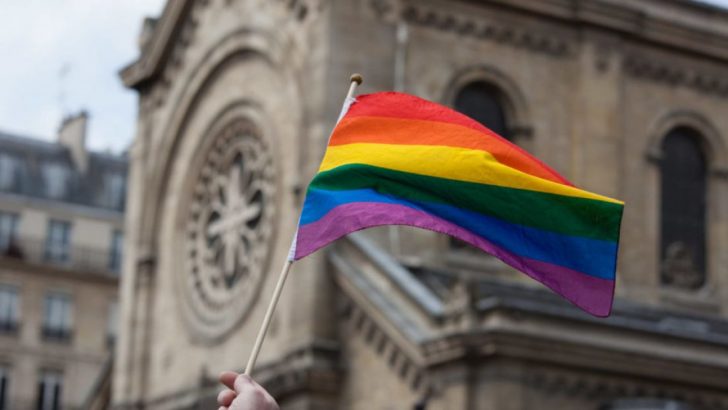The bishops of the Chaldean Synod on July 16 issued a statement declaring their position on the blessing of same-sex unions as well as the necessity of protecting children from sexual abuse.
The synod emphasised “the necessity of protecting children from sexual harassment and raising awareness among priests about its dangers”, stressing the importance of priests participating in child protection programmes and obtaining certification from the local ecclesiastical authority.
The statement also clarified the position of the Chaldean Church – both in Iraq and worldwide – “regarding the union of two people of the same sex”. The synod asserted that the Chaldean Church does not recognise same-sex unions as marriage, as the legitimate and correct form of marriage for them is one that unites one man and one woman to form a family.
The statement concluded by firmly rejecting the blessing of same-sex unions in order “to preserve the sanctity of marriage” as one of the seven sacraments of the Church.
The Vatican previously issued directives allowing Catholic priests to bless same-sex couples. These directives were framed as an expression of pastoral closeness without condoning sexual relations between people of the same sex.
These directives sparked controversy, prompting the Vatican to issue a subsequent clarification, especially after the misunderstanding led the Coptic Church to suspend dialogue with the Latin Church.
The clarification stated that the non-liturgical form of the blessing is not a marriage, nor is it an endorsement or approval of same-sex relationships, but “merely a response from the pastor to two people seeking God’s help”.
The Catholic Church’s move to allow blessings of same-sex individuals surprised other churches, like the Coptic Orthodox. Pope Francis even sent the Vatican doctrinal head to Egypt in an attempt to iron out differences with the Coptics who had suspended long-standing dialogue with the Church as a result of the document.



